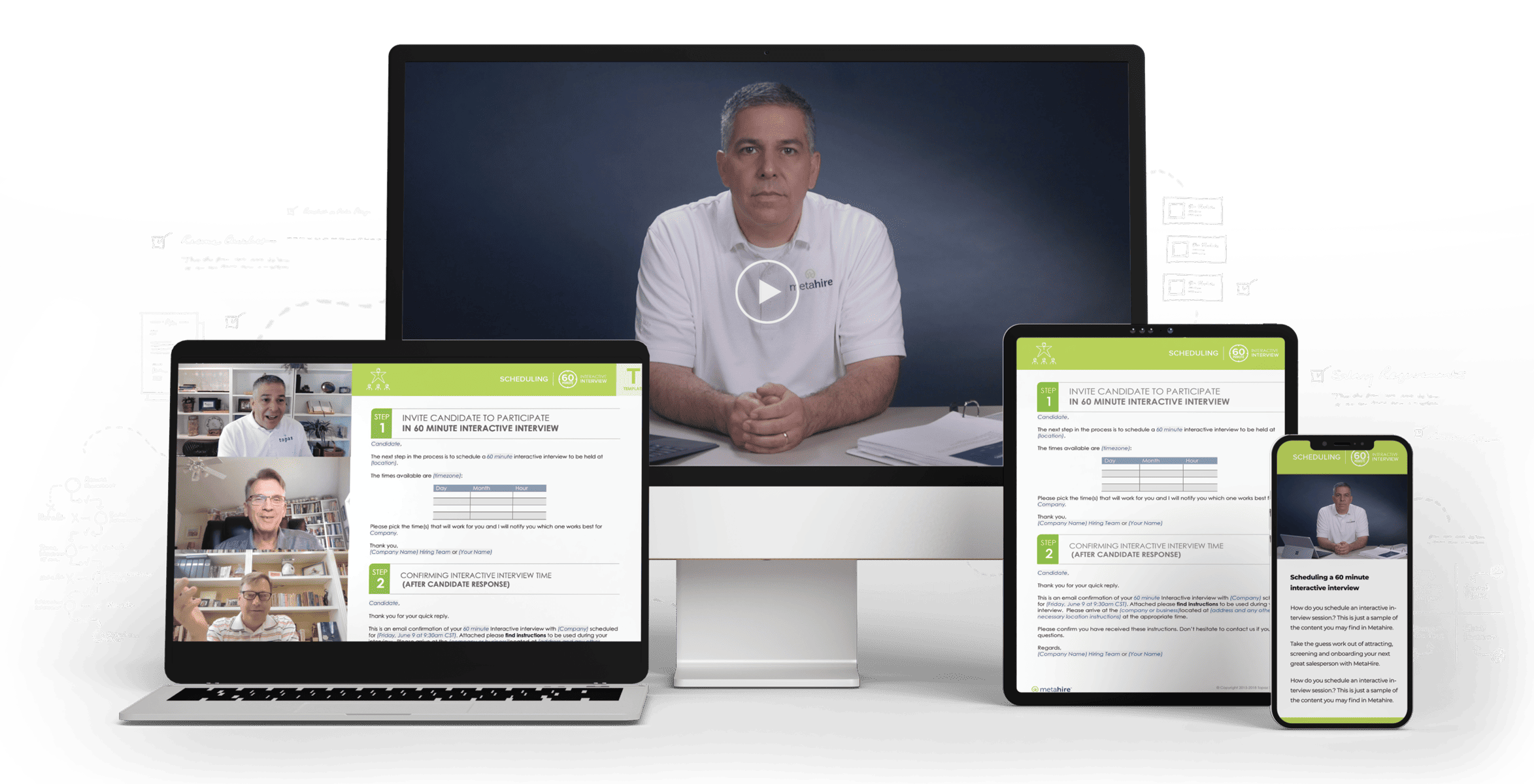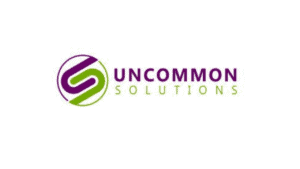The Paradigm Shift in Sales
Sales has traditionally been associated with the act of “selling” – convincing, persuading, and closing deals. However, the sales landscape is evolving, and a Buyer Facilitator philosophy is emerging that focuses on facilitating the buying process rather than the act of selling. This article explores a sales coaching conversation that highlights this paradigm shift and its profound impact on the sales approach. We delve into the key takeaways from this discussion and how they signify a fundamental change in the sales world.
- Facilitating Opportunity Over Selling Products: The most significant revelation from this conversation is the shift from selling products or services to facilitating opportunities for buyers. This mindset, philosophy, and approach shift departs from the traditional sales model. It emphasizes creating an environment where the buyer feels empowered to make informed decisions rather than pressured to purchase.
- The Importance of Trust Building: Building trust is at the core of the Buyer Facilitator philosophy. Instead of trying to “sell” to customers, sales professionals are now encouraged to become trusted advisors. Trust is a valuable currency in the sales world, as it fosters transparency and encourages buyers to be open, honest, and transparent.
- The Power of Understanding and Empathy: The conversation also highlights the importance of understanding the buyer’s perspective and empathizing with their needs and concerns. This approach is a departure from the stereotypical image of the pushy salesperson. By putting themselves in the buyer’s shoes, sales professionals can create a more meaningful and authentic connection.
- Overcoming Skepticism: The dialogue touches on the initial skepticism some salespeople may have about this new approach. It’s common for individuals in the sales field to worry that buyers will see through their intentions or view them as overly “salesy.” However, as the conversation illustrates, these concerns can be overcome with dedication, belief in the philosophy, and a genuine commitment to being a trusted advisor.
- Personal Transformation: One participant in the conversation undergoes a personal transformation. Initially skeptical, they come to embrace the new philosophy. This transformation is a testament to the power of shifting one’s mindset and approach in sales. It demonstrates that change is possible and can lead to more successful and ethical sales practices.
The paradigm shift from selling to facilitating represents a significant evolution in the sales world. The change prioritizes the buyer’s experience, trust-building, and empathy over aggressive persuasion tactics. Sales professionals who adopt this new philosophy will likely find themselves not just selling products but truly facilitating opportunities for their customers. This transformation benefits both the salesperson and the buyer, creating a win-win scenario that defines the future of sales. As the conversation illustrates, overcoming skepticism and embracing this approach can lead to personal growth and success in sales.







